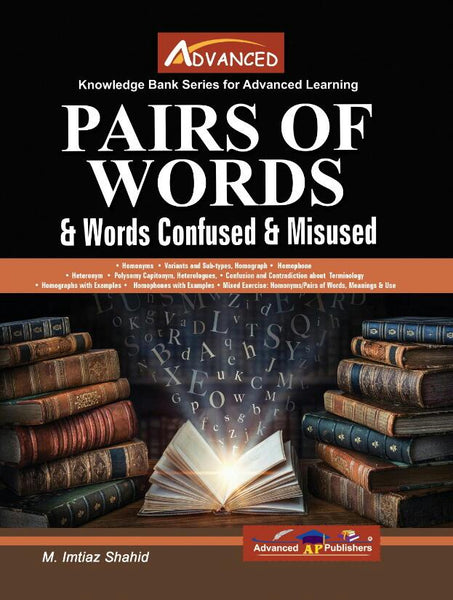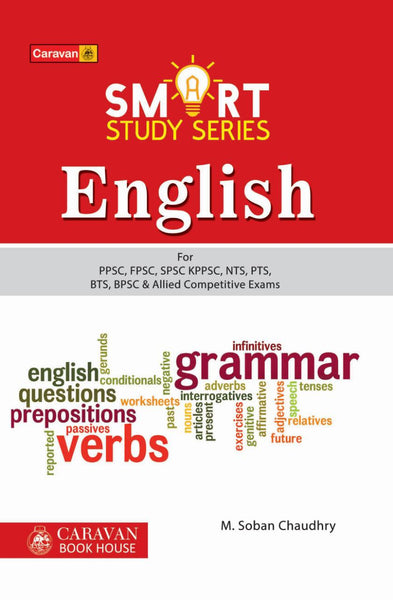Middlemarch by George Eliot – Kitab Mahal
- Publisher: Kitab Mahal (Pvt) Ltd , KM
- Availability: In Stock
- SKU: 55911
Rs.230.00
Rs.285.00
Tags: 19th-century England , BS , character-driven narrative , Critical Studies , Dorothea Brooke , Dr. Tertius Lydgate , English , English fiction , feminist literature , gender inequality , George Eliot , idealism , intellectualism , Kitab Mahal , Kitab Mahal (Pvt) Ltd , KM , Middlemarch , Mr. Casaubon , personal ambition , political engagement , social critique , social limitations , social mobility , social progress , societal change. , societal expectations , Text , Urdu Tarjama , Will Ladislaw , With Urdu Translation
Middlemarch is one of George Eliot’s most celebrated novels, first published in 1871-1872. Set in the fictional English town of Middlemarch, it explores the lives of its residents, offering a deep social and political analysis of 19th-century England. The novel examines themes of marriage, idealism, political reform, and individual ambitions. Through its complex characters and interwoven plotlines, Eliot critiques the social and gender roles of her time.
Key Points
-
Complex Characters: The novel features a wide array of characters, each representing different facets of society. Key figures include Dorothea Brooke, a young woman whose idealism and desires for intellectual fulfillment clash with societal expectations, and Dr. Tertius Lydgate, a talented but idealistic physician whose career is stifled by his social and personal entanglements.
-
Marriage and Relationships: Middlemarch delves into the complexities of marriage, portraying various unions and their consequences. Dorothea’s marriage to the older and more conservative Mr. Casaubon, as well as her subsequent relationship with Will Ladislaw, showcases the challenges faced by women who try to balance love, personal growth, and societal roles.
-
Political and Social Reform: The novel is set against the backdrop of political reform in England, with characters like Mr. Brooke and Fred Vincy representing different views on political engagement and social progress. Eliot critiques the idealism of political movements and the role of reformers in a society that is resistant to change.
-
Idealism vs. Reality: A central theme in Middlemarch is the tension between idealism and the harsh realities of life. Characters like Dorothea and Lydgate start with high aspirations but are ultimately thwarted by social, personal, and financial obstacles. Eliot uses these characters to explore the consequences of unrealistic ambitions and the limitations of human agency.
-
Gender Roles and Social Expectations: Eliot critiques the limited roles available to women in 19th-century society. Dorothea, for example, is constrained by her gender, as her intellectual aspirations and desire for independence are stifled by the expectations of marriage and motherhood. Her struggles reflect the social inequalities and gender biases prevalent at the time.
Conclusion
Middlemarch is a rich, multifaceted novel that examines the intersection of personal desires, social constraints, and political realities. Through its detailed portrayal of its characters and their internal and external struggles, George Eliot offers a profound critique of 19th-century English society and the human condition.
════ ⋆★⋆ ═══
Writer ✤ George Eliot
Publishers ✤ Kitab Mahal (Pvt) Ltd , KM

























